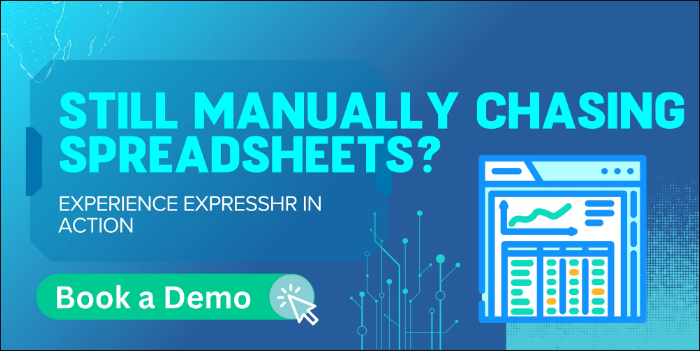Stay Out of Trouble: Using a VMS to Master Compliance and Reduce Risk
Managing your contingent and temporary workforce isn't just about efficiency or cost-saving; it's fundamentally about compliance and risk mitigation. Misclassifying workers, failing to adhere to GDPR, neglecting health and safety regulations, or overlooking IR35 rules can lead to hefty fines, legal disputes, reputational damage, and operational disruptions. For organisations serious about safeguarding their future, a robust Vendor Management System (VMS) is not just a tool, but an indispensable shield against these perils.
One of the most critical areas a VMS addresses is worker classification and legal compliance. In the UK, the distinction between an employee, a contractor, and a temporary worker carries significant legal implications, particularly concerning tax and employment rights (e.g., IR35). A VMS can embed classification questionnaires and workflows that guide hiring managers through the correct assessment process, ensuring workers are accurately categorised from the outset. This proactive approach significantly reduces the risk of costly misclassification penalties.
Next, a VMS provides an unparalleled level of contractual governance. Every engagement with a contingent worker or staffing agency requires a valid contract. A VMS centralises all contracts, manages their versions, tracks expiry dates, and ensures all necessary clauses – relating to intellectual property, data protection, and service level agreements – are included and adhered to. Automated alerts for renewals prevent lapses in coverage, ensuring you’re always operating under legally sound agreements.
Data security and GDPR compliance are paramount. Your contingent workforce operations involve handling sensitive personal data of candidates and workers. A VMS helps you manage this data securely, ensuring it's stored and processed in compliance with GDPR regulations. It provides audit trails of who accessed what information and when, demonstrating your commitment to data protection and minimising the risk of breaches.
Furthermore, a VMS significantly enhances supplier due diligence and ongoing monitoring. Before engaging an agency or direct contractor, a VMS can facilitate the collection and verification of essential documents, such as insurance certificates, modern slavery statements, and health and safety policies. This ensures that all your suppliers meet your stringent compliance requirements. Ongoing monitoring features can track supplier performance against compliance KPIs, flagging any potential issues before they escalate.
Finally, the audit trail and reporting capabilities of a VMS are invaluable for demonstrating compliance to regulators. Should an audit occur, a VMS can instantly provide comprehensive records of all worker engagements, classification decisions, contract terms, and payment histories. This transparency and traceability are crucial for proving due diligence and avoiding fines.
How expressHR can help: expressHR is built with compliance at its core. Its features include configurable workflows for worker classification, centralised contract management with automated alerts, secure data handling compliant with GDPR, and robust reporting for audit readiness. By leveraging expressHR, you can confidently navigate the complex regulatory landscape, master compliance, and significantly reduce operational and legal risks across your entire extended workforce.
- #vms (39)
- #temporarylabour (28)
- #contingentworkforce (26)
- saas (16)
- hr systems (15)
- #compliance (12)
- vendor management system (11)
- #recruitmentagencies (10)
- hr (9)
- msp (8)
- #timehseets (7)
- Talent acquisition (6)
- #costreduction (5)
- #rostering (4)
- AI (2)
- #rota (1)
- diversity and inclusion (1)
- employee engagement (1)
- neutralvendor (1)
Subscribe by email
You May Also Like
These Related Stories
.png)
How to Maximise Temporary & Contingent Recruitment ROI in a Tight Economy

VMS vs. MSP: The Right Choice for Your Contingent and Temporary Workforce

.png?width=209&height=60&name=ExpressHR%20White%20High%20Res%20(1).png)
.png?width=209&height=60&name=ExpressHR%20logos%20(1).png)


No Comments Yet
Let us know what you think